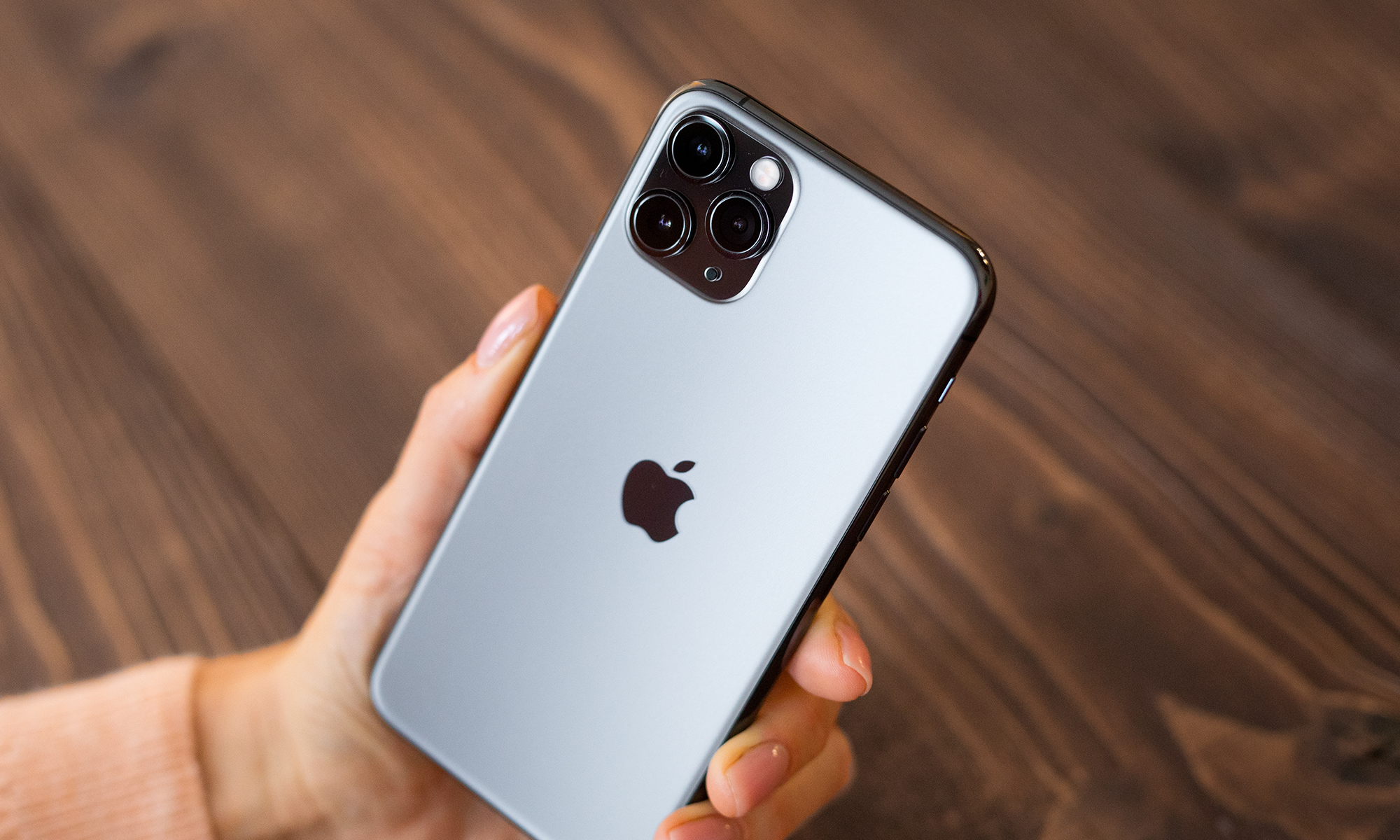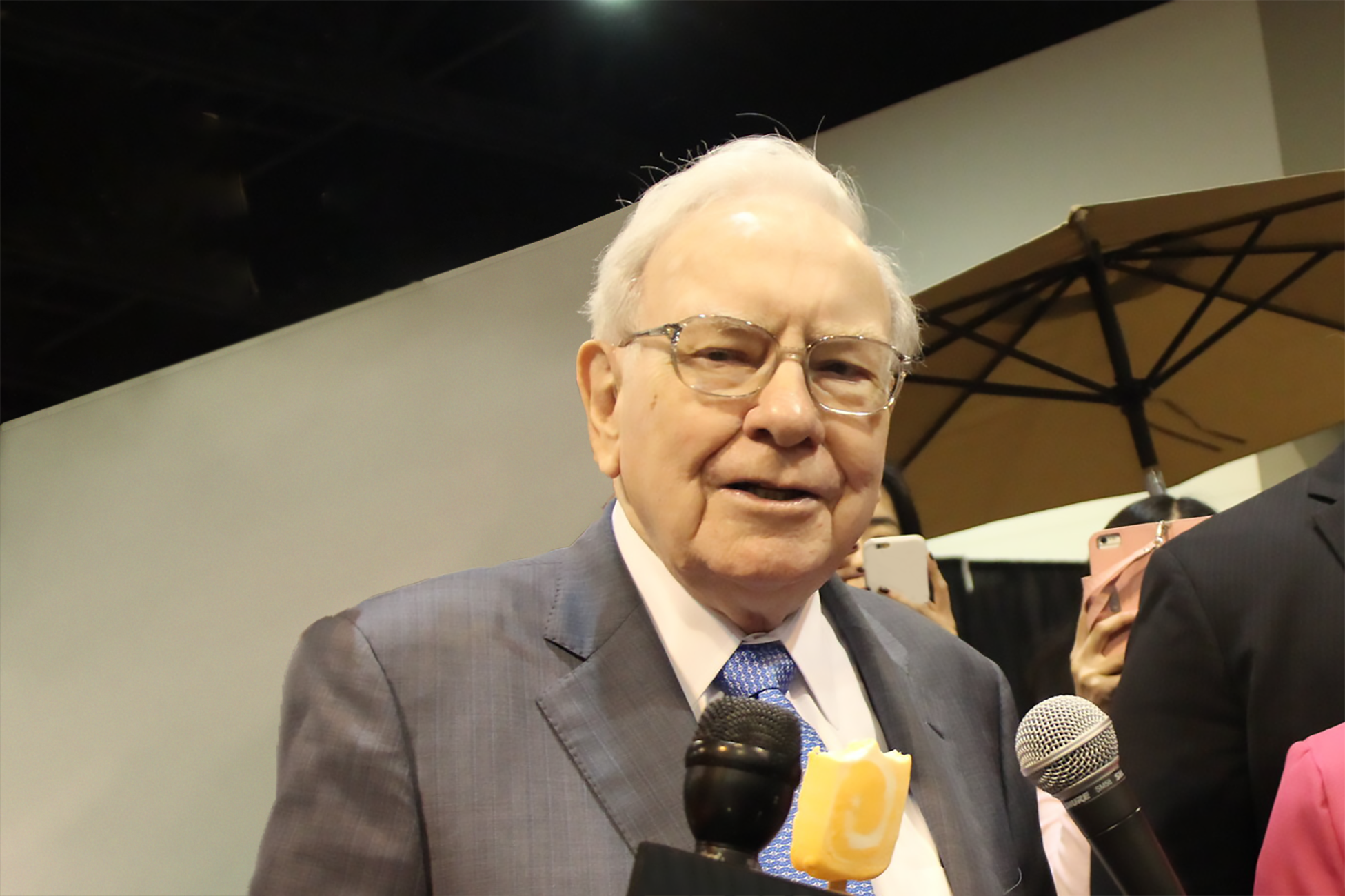To hear industry insiders describe it, the market for smart cars -- generally considered to be autos equipped with Internet access and integrated with the user's mobile devices, among other features -- is on the verge of exploding. One recent report suggests that over 75% of car owners with at least one connected feature will factor smart cars into their next vehicle purchase.
Another report states the connected car market will grow by an astounding 500% by 2018, enjoying annual growth over 40%. Clearly, every driver in the world is clamoring for a smart car, right? Connected car leaders Google (GOOG +0.88%) (GOOGL +0.87%) and Apple (AAPL +1.77%) would love nothing better than 500% growth in a burgeoning market that both are positioned to benefit from. But before the two tech giants start celebrating their respective smart-car growth, U.S. drivers would like a word or two.
What is a connected car?
In some respects, any car with a built-in GPS navigation system could be considered "smart." But when we consider the Internet of Things and the notion of our lives being fully connected, including our cars, a GPS doesn't exactly fit the bill of what Google and Apple consider smart. A truly connected car should have, and will have when Google, Apple and others in the industry have their way, all the same features as a smartphone or other mobile device.
Not so fast
Research firm eMarketer recently released an interesting survey conducted by Harris Interactive in which owners of vehicles with model years going back only to 2009 were asked about smart cars. The results were a bit surprising in light of the expected growth in the connected car market in coming years.
One of the first items to jump out from eMarketer's report is how few drivers surveyed knew about connected cars. A mere 14% considered themselves familiar with smart cars and their features, while 44% had no idea what a connected auto was. That could be viewed as an opportunity for Apple and Google as they push forward with their respective plans, assuming that once consumers become familiar with smart cars, they'll buy in droves.
But there's a bit more to the story, and this is where Google in particular may find some pushback from users. Android is a free, open-source OS used in the vast majority of smartphones around the world. Google can give the system away because it offers a never-ending source of information that, when analyzed and used, gives marketers a means to better target ads. A car integrated with Android or iOS could capture extremely valuable information. Displaying advertising in connected cars is also part of the plan as Google previously noted in an SEC filing that it wants to serve ads on car dashboard. But it turns out drivers hate the notion of ads while on the road. They also don't care for being tracked while driving.
When asked if they would allow ads and the collection of data while driving their smart cars, well over half of respondents said absolutely not, on either front. A whopping 71% of drivers over age 55 said they don't approve of ads or vehicle tracking. A mere 10% of respondents, on average, would allow tracking data to be used to target local business ads sent to a driver's smart car.
The solutions
Google's Open Automotive Alliance, or OAA, a group that includes a laundry list of who's who from the automotive and technology industries, wasn't formed to bring a better sound system to your car. No, Google and its OAA brethren have much bigger plans, such as incorporating Google's Android OS throughout a car's systems, essentially turning it into a rolling mobile device.
When Apple unveiled its CarPlay feature earlier this year at an international auto show in Geneva, Switzerland, it created a lot of buzz. CarPlay, along with Apple's rumored iWatch, were going to be its next big things; so said the industry experts. But according to eMarketer, Google and Apple didn't stop to ask drivers what they would, and wouldn't, stand for in a connected car.
Final Foolish thoughts
Though smart cars are all the rage, at least in terms of the media, the eMarketer report makes it pretty clear drivers don't want their driving-related data collected, and very few would allow ads if given the choice. Of course, ads are a big carrot for Google's Android-connected car, and you can bet Apple wouldn't mind finding additional revenue sources for CarPlay. But drivers will have the final say, and right now at least, Google and Apple won't like what they hear.








